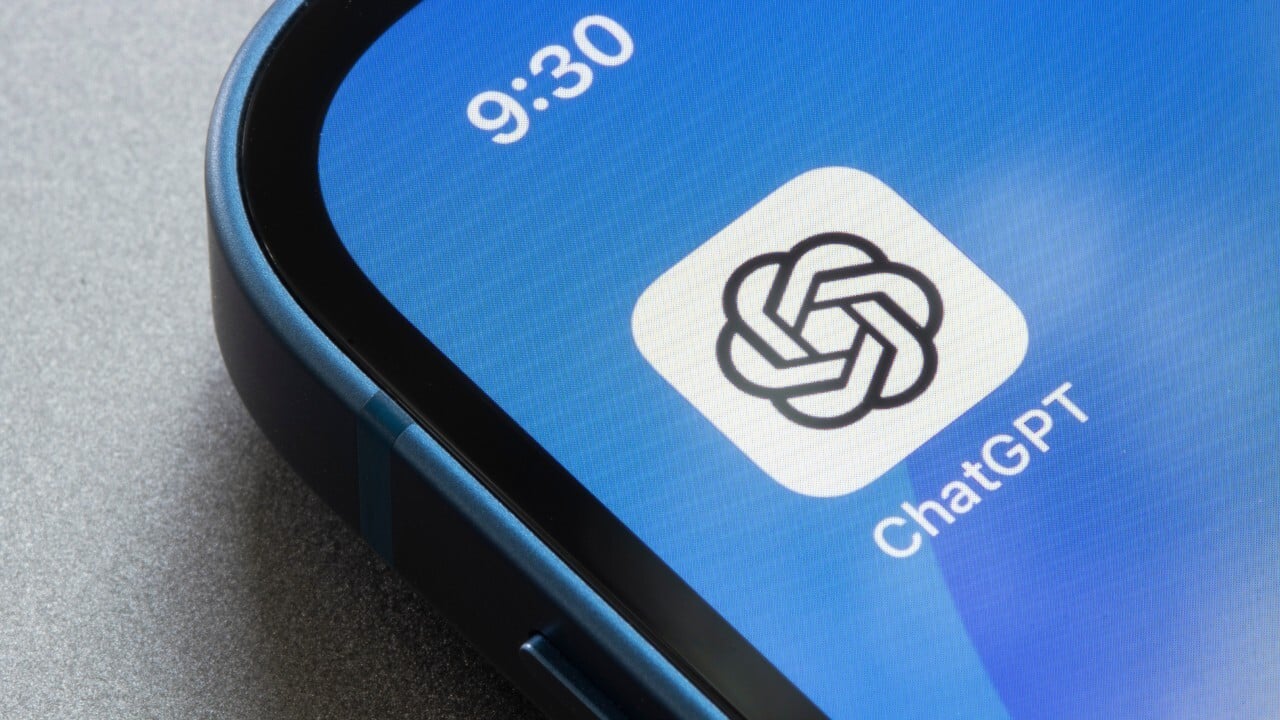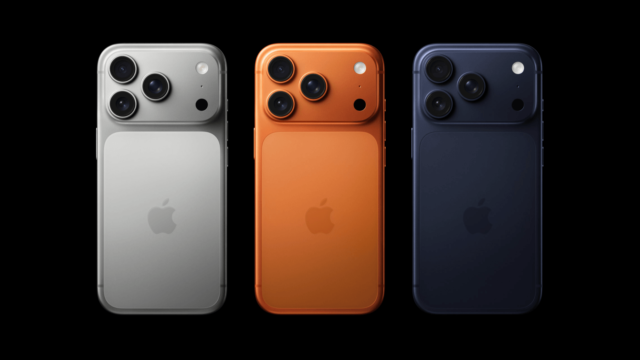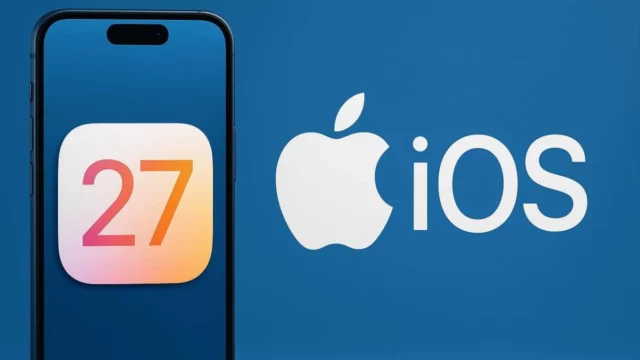In recent years, the intense interest in generative artificial intelligence tools has led to significant changes in many areas from daily life to the business world. However, a new study conducted on the long-term effects of these technologies reveals remarkable results, especially in terms of mental performance.
Artificial intelligence may be dulling mental abilities
A study conducted at the Massachusetts Institute of Technology (MIT) Media Lab found a negative relationship between the continuous use of artificial intelligence tools such as ChatGPT and some cognitive processes in the human brain.

In the study, 54 participants between the ages of 18 and 39 were asked to write multiple essays using different methods (using ChatGPT, Google searches, and relying entirely on their own thinking). During this process, the participants’ brain activities were measured with EEG devices and the neurological data obtained were compared.
The results revealed that the group using ChatGPT showed the lowest brain activity in terms of neurological control, memory, and creativity. It was observed that the participants in this group became more passive over time in content production, created content based on templates, and tended to copy-paste.
The group using the Google search engine showed higher levels of brain activity compared to ChatGPT users. However, the strongest cognitive responses were observed in the group that worked solely on their own thinking power. Participants in this group showed a significant increase in the EEG measurements, especially in wavebands associated with creative thinking, meaning, and memory.
On the other hand, the study also presented findings that artificial intelligence tools can support the learning process if used consciously and limitedly. So what do you think about this? You can share your views with us in the comments section below.













